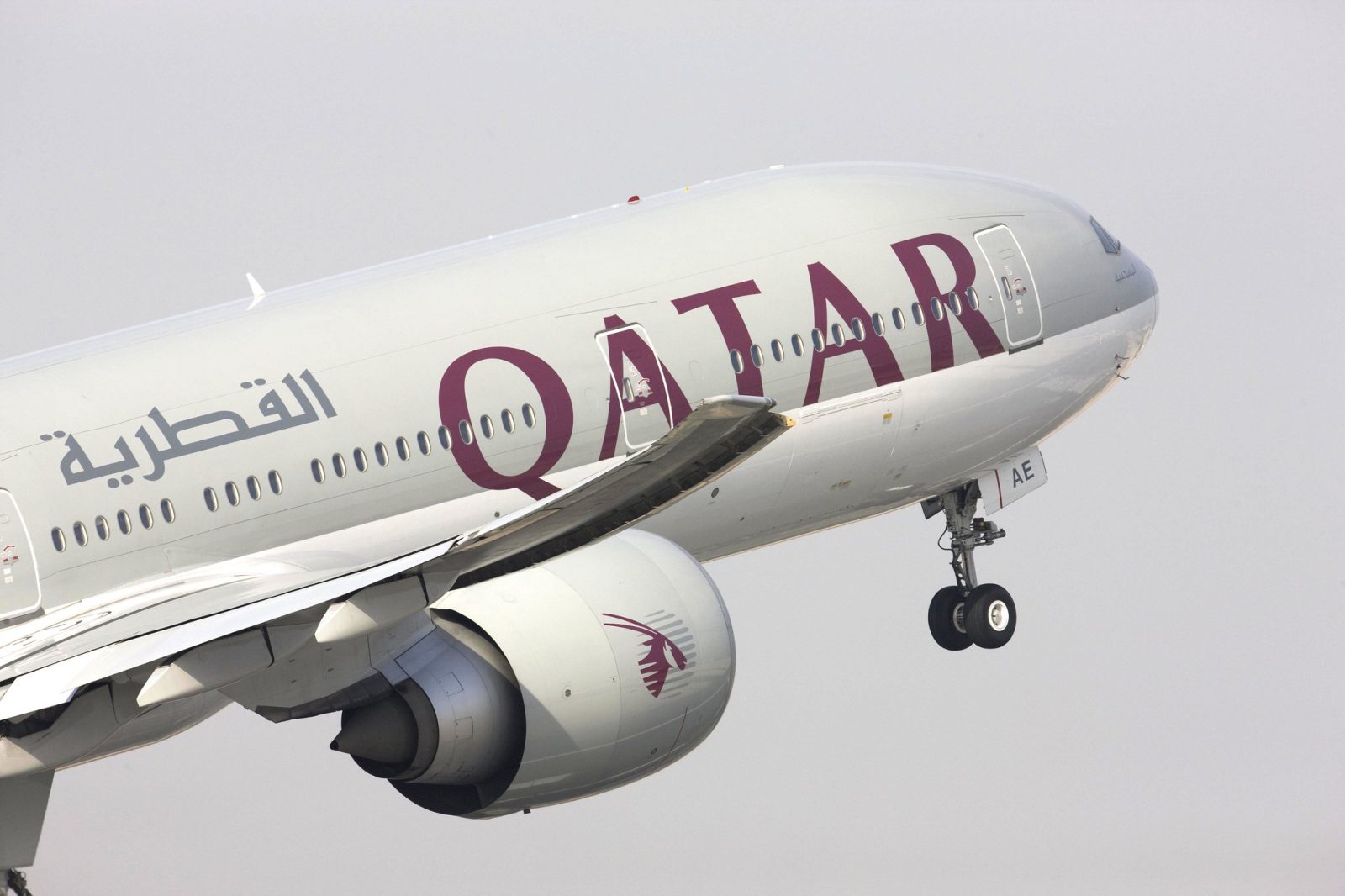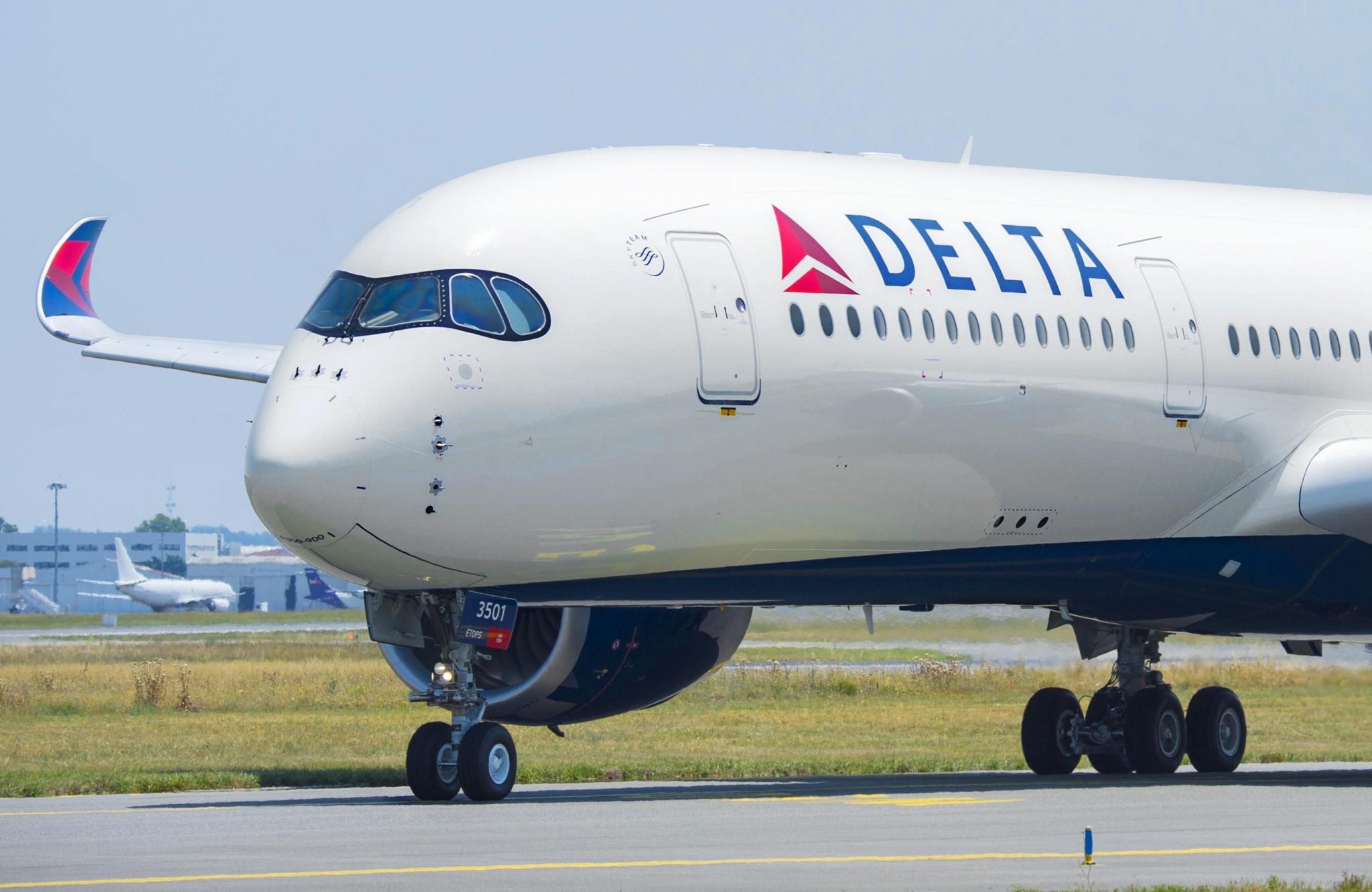
The TWU transport workers union has launched a stinging attack on the chief exec’s of the big three U.S.-based airlines – American, Delta and United Airlines (US3) in a new letter to President Donald Trump. The union’s president, John Samuelsen says American’s Doug Parker, Ed Bastian of Delta and United’s Oscar Munoz want “sympathy for facing state-owned companies from the middle east at the same time they’re offshoring good maintenance jobs to state-owned companies in China.”
The US3 has spent millions of dollars over the last few years campaigning against Persian Gulf carriers like Emirates, Etihad and Qatar Airways – the so-called ME3. They claim the ME3 are propped up by government subsidies that have allowed them to unfairly expand into the North American market. These subsidies put the US3 at a disadvantage and could result in the loss of hundreds of thousands of American jobs.
This all came to a head at a recent White House meeting between President Trump and the CEO’s of American and United, as well as Qatar Airways. Much to the annoyance of Trump, missing from the meeting was Ed Bastian who claimed prior arranged duty travel took precedence over an opportunity for a face-to-face with the President.
Unfortunately for the US3, they didn’t quite get the reaction from Trump that they have long hoped for. Instead, he suggested they make a formal complaint to the Department of Transport – something they’ve long tried to avoid because, quite frankly, under current rules, they can’t prove the ME3 have actually disadvantaged them.
What makes their argument even more flawed is just how hypocritical it does seem. As the TWU points out, the US3 have based their entire case against Persian Gulf carriers on the need to save American jobs – at the same time that they are farming out high-quality, well-paid jobs to foreign maintenance facilities.
“At the very moment these airlines (the US3) are asking for you to shield them from foreign competition they are actively working to offshore as many U.S.-based jobs as they possibly can, exposing American workers to unfair competition, and possibly harming American air travellers,” Samuelsen writes in the new letter to the President.

“It’s laughable that these job-exporting CEO’s would cite a risk to U.S. jobs to support their position. This anti-worker business scheme is un-American and totally hypocritical.”
According to the TWU, there are currently 900 FAA-approved foreign repair stations with a large contingent in China. The US3 is currently farming out 30% of all repair work to these foreign facilities, resulting in the loss of approximately 8,200 jobs in the last few years.
And that’s not the only area where U.S. airlines could and arguably should be doing more to support American jobs. As it stands, Delta doesn’t have any outstanding aircraft orders with U.S. aerospace giant Boeing – instead, the Atlanta-based airline has decided to support European jobs by buying Airbus aircraft.
The situation couldn’t be starker for the Persian Gulf carriers who have actively supported U.S. jobs with multi-billion aircraft orders with the likes of Boeing. Only last month, Akbar Al Baker the chief exec of Qatar Airways signed contracts worth $6.8 billion with U.S.-based firms – supporting American jobs.
Essentially, any legitimate argument the US3 might have is ruined by their own behaviour and failure to apply the same reasoning to other state-assisted airlines from China and even Europe (here’s looking at you Alitalia).
“I have seen many attempts to game the system to get an advantage over workers,” say’s Samuelsen.
“But I have never seen CEO’s so willing to endanger their customers, destroy American jobs, and then have the gall to beg the government for a handout.”
Mateusz Maszczynski honed his skills as an international flight attendant at the most prominent airline in the Middle East and has been flying ever since... most recently for a well known European airline. Matt is passionate about the aviation industry and has become an expert in passenger experience and human-centric stories. Always keeping an ear close to the ground, Matt's industry insights, analysis and news coverage is frequently relied upon by some of the biggest names in journalism.







